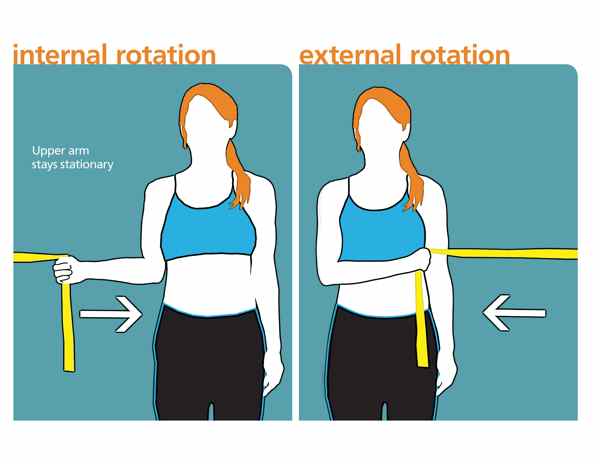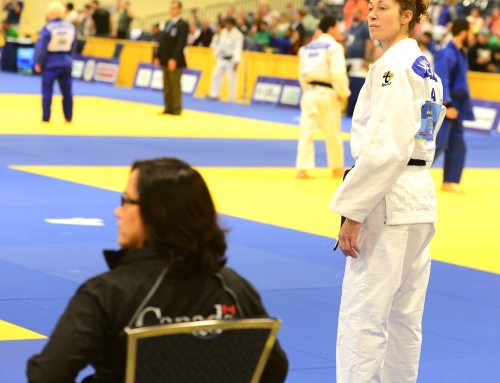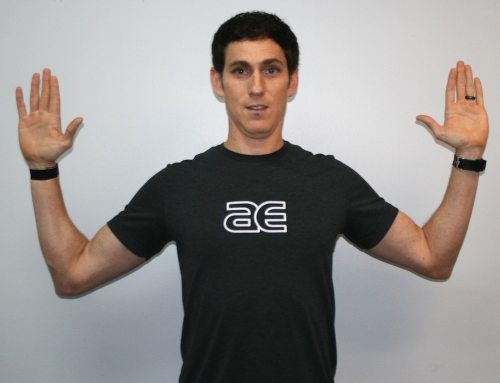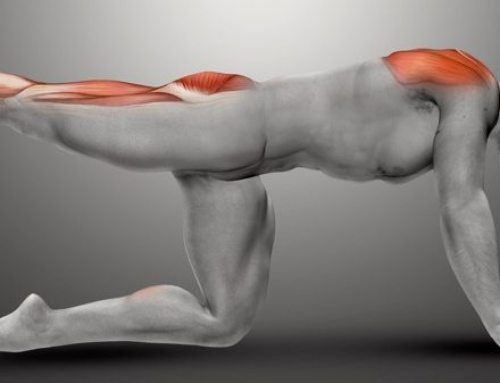
By Grant Garrigues, MD, Duke Orthopaedics
A little preventive maintenance can help keep your shoulders working well and pain-free far into old age.
I’ve heard it a million times – the old belief that only baseball pitchers suffer from tears of the rotator cuff in the shoulder. It’s a common misconception, but it’s just not true. Rotator cuff tears are fairly common, actually. About 50 percent of people over the age of 60 will have one.
The shoulder has more range of motion than any other joint. Most of its stability and movement relies on the small rotator cuff muscles and the larger muscles that surround the shoulder joint. In fact, an untold secret of rotator cuff injuries is that couch potatoes, CrossFit devotees, and triathletes are equally susceptible. While weightlifting and cardiovascular training provide many benefits, they often do little to strengthen the complicated assembly of muscles that keep the shoulder joint stable and healthy.
It is true that baseball pitchers suffer rotator cuff tears – or rather, fraying on the edges of some tendons – because of the tremendous forces they exert on their shoulder every time they throw the ball. But overhead activity of all kinds is what tends to injure people: reaching high to paint a wall, change a light bulb, or climb an obstacle. Rotator cuff inflammation in swimmers comes from repetitive stress. Anything that requires raising your arms up over your head is asking the most out of the shoulder.
So how do you avoid such an injury? By keeping the shoulder strong and flexible with exercises targeting the small muscles that make up the rotator cuff. The key is to complement a program strengthening the larger muscles of the shoulder with a few key exercises just for the rotator cuff.
Another secret is that whether you are active or inactive, young or old, the exercises for strengthening your rotator cuff – and most physical therapy for shoulder pain – are identical. Internal rotation, external rotation, and overhead stretching are the big three.
Stretching, and these simple strengthening exercises, will help prevent 99 percent of all shoulder problems you could have. It’s the same whether you’re a pro baseball pitcher, a middle-age weekend warrior, or an elderly person with a degenerative shoulder.
Keep Your Shoulders Strong and Healthy
Athletes of all ages and abilities can benefit from these simple, quick rotator cuff exercises.
External rotation: Fasten exercise band to fixed object. Move away to create tension on band. Keep elbow against ribs. Rotate arm outward so forearm is extended out to side. Slowly return to neutral position. No band? Lie on side and use 5-pound weight.
Internal rotation: Fasten exercise band to fixed object. Move away to create tension on band. Keep elbow against ribs. Rotate arm inward so fist is over stomach. Slowly return to neutral position. Alternate method: Lie on side and use 5-pound weight.
# # #
Grant Garrigues, MD, treats patients with shoulder and elbow problems at two locations in Durham, including the new Duke Orthopaedics at Page Road location. Appointments: 919-613-7797 or 800-851-5811, www.dukeortho.org, or check them out on Facebook.





